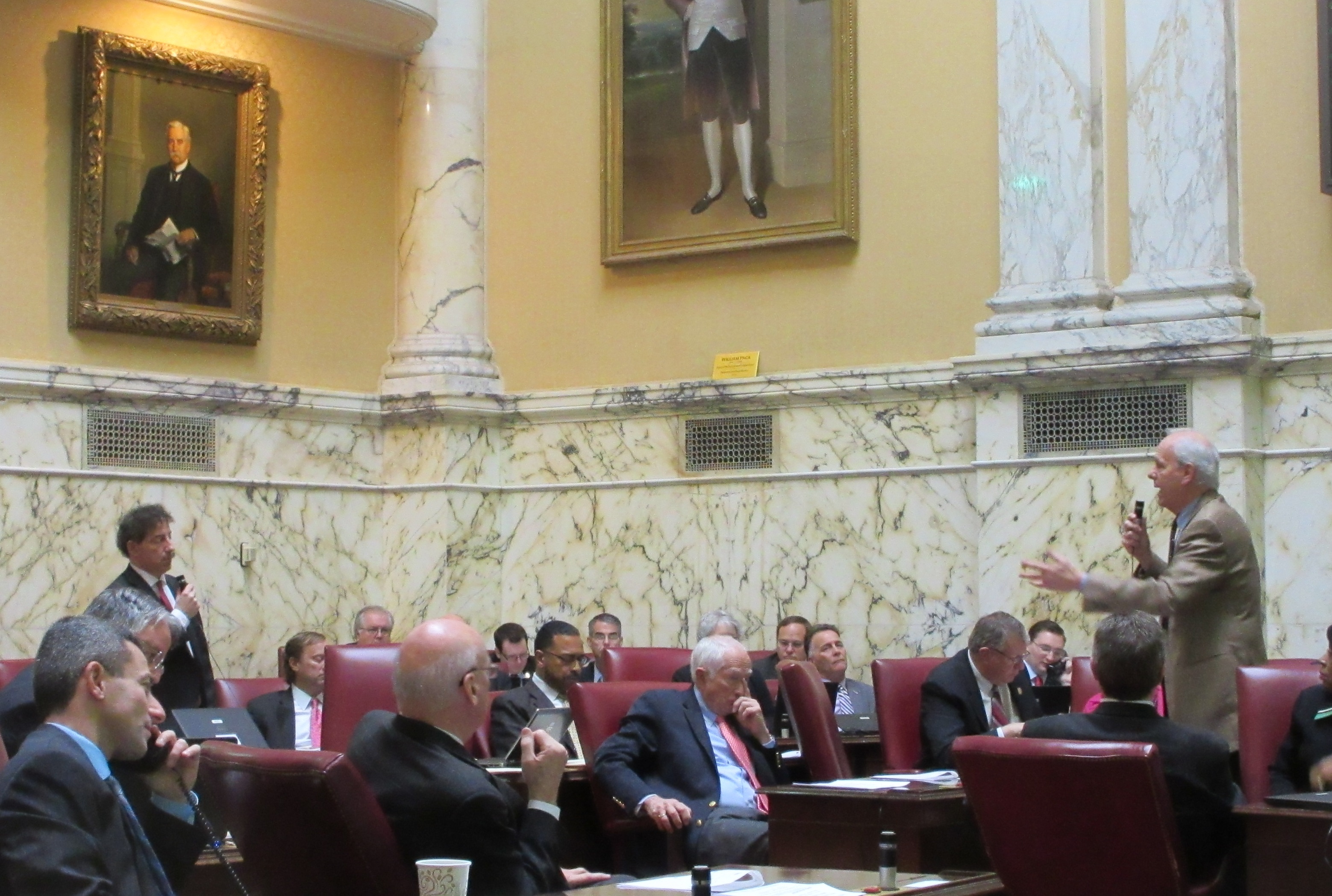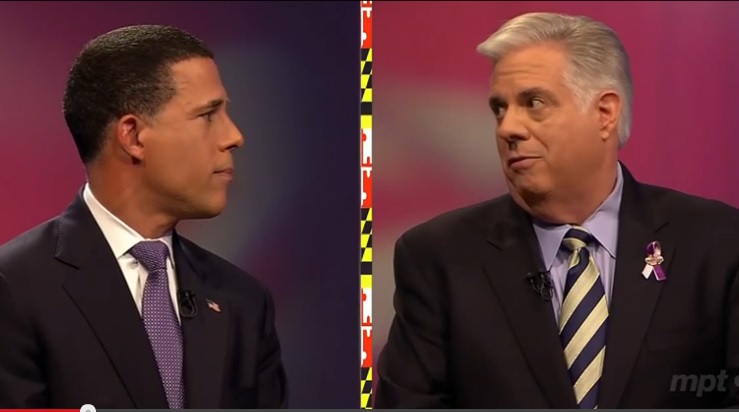By Barry Rascovar
For MarylandReporter.com
It could be a cringe-worry moment when U.S. District Judge Catherine Blake finally rules on the lawsuit by black state universities demanding sweeping changes in Maryland’s public higher education system that benefit only their own campuses.
In no way is Judge Blake qualified to disassemble Maryland’s well-regarded higher education network and then re-assemble the pieces in an entirely new way that miraculously makes historically black schools integrated and thriving learning institutions.
Indeed, if she tries, Blake could make a costly, destructive mess of one of the nation’s better public higher-education systems.
She needs to be reminded of the children’s rhyme – “all the king’s horses and all the king’s men couldn’t put Humpty-Dumpty back together again.”
Shameful segregated past
Maryland has a shameful past when it comes to integrating its public colleges and universities. But in recent decades, things have changed markedly with continuing emphasis on providing formerly all-black schools with modern buildings and a lot more funding.
(Construction projects tell part of the story. In a two-year span, fiscal years 2013 and 2014, the four historically black universities received capital funds from the state totaling $202 million; nearby integrated universities – Towson, UB, UMBC and Salisbury – received just $108 million.)
Correcting this dreadful situation – historically black institutions are middling to poor in quality while other state universities are good to excellent – isn’t something a judge trained in the law is equipped to do. Professional higher-education experts are the ones who should be handling the details.
Those representing black institutions have put forward a selfish $1 billion plan that cherry picks from other public universities many of their best programs. Yet there’s no assurance any of the moves will make their institutions less segregated.
That’s because students cannot be forced to attend a specific university. Nor is there any guarantee professors would make the move if academic programs are transplanted to lesser-quality campuses.
The market will rule
Higher education is the ultimate in this nation’s free-market economy. Freedom of choice rules.
The popularity of historically black institutions has been on the wane for many decades. Students and faculty are voting with their feet.
No judge can stop that.
Ironically, the three Baltimore-area public universities under attack all are run by minority presidents (counting a woman who heads Towson as a minority among university presidents, as they are). And on all three campuses, integration of minority students is leap years ahead of historically black institutions.
Blake is viewing this issue from the wrong perspective.
Rather than perpetuate historic vestiges of segregation in public higher education, the judge should ask a panel of highly qualified educators to develop a plan that merges the weaker schools with their more successful counterparts.
The University of Baltimore, Towson University and UMBC are integrated and recognized by students and faculty as schools on the rise.
The same cannot be said for historically black institutions.
If the judge truly wants to do away with segregated classes, she should twin Morgan with UMBC; Coppin with UB; UMES with Salisbury University, and Bowie with UM’s nearby College Park campus.
At the end of the day, quality programs and quality students and faculty – black, white and tan – would be spread around all those campuses on a far more equal basis than at present. Most of the positive traditions of historically black facilities could be maintained as well.
Ending segregation
Yes, we need to end racially segregated public universities. But that won’t happen by decimating Maryland’s integrated campuses.
Historically black schools should be honored for the positive role they played – out of necessity – for so long.
However, like the segregated era of men’s and women’s colleges, the time for maintaining and perpetuating public institutions that attract students only of one race should come to an end.
In the card game of bridge, there’s a tried and true rule: play to your strength. In Maryland’s higher education system that means strengthening the state’s best integrated and most academically successful campuses, not weakening them.
It’s a tough reality to swallow for proud alumni of the weaker institutions, but the best way to improve and integrate Maryland’s public universities is to transform the campuses that represent the state’s segregated past through mergers.
That way their historical achievements can be recognized and built upon as those beleaguered institutions become part of a more stable, inclusive and accomplished higher education universe.
Barry Rascovar’s blog is politicalmaryland.com. He can be contacted at brascovar@hotmail.com.






Judges don’t “deconstruct” – they rule on discreet matters of law.
“Blake is viewing this issue from the wrong perspective.” Where does that come from? Are you inside the head of a federal court judge?
The premise of the piece is way off. It’s just the kind of misinformation that distorts the public view of the bench.Judges don’t do what this piece says they do. And although I don’t disagree on the substance of the argument in terms of policy and the poor choice of lawsuit, I vehemently disagree with the assertion that any of these concerns have much to do with state or federal law.
This is a “red letter day”… I actually agreed with Barry Rascovar’s editorial !
Excellent, well-reasoned Op-Ed piece–“pull up, not deconstruct”. One can only hope that Judge Blake reads it.